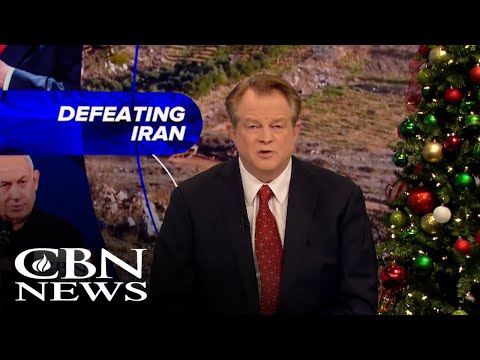In the changing landscape of the Middle East, the conversations between Israeli Prime Minister Benjamin Netanyahu and President-elect Donald Trump reflect a significant turning point. Israel is openly discussing strategies to confront not just its immediate threats, but to establish a lasting peace in a region often marked by conflict. One of the key points of their discussions was the expansive threat posed by Iran and its proxy forces, particularly those operating in Syria and Lebanon. As Israeli forces prepare to enhance their presence along the Golan Heights, this could be a crucial moment that prompts broader discussions about security and stability in the region.
The implication of these developments extends beyond military strategy, affecting millions who live in these territories. Netanyahu’s announcement on changing the face of the Middle East highlights Israel’s commitment to not just responding to threats, but proactively shaping the outcome of this critical situation. This is not merely about political maneuvering; it is about the safety and freedom of people in Israel, and with it, the rights of those who are often overlooked in narratives surrounding these conflicts. The evangelical community can draw from the biblical principles of seeking peace and justice as they observe these unfolding events.
Moreover, the rise of Sharia law in regions like Syria, as asserted by the new leader, is deeply troubling. The announcement of morality police and enforced Islamic law has significant implications for religious freedom, particularly for Christians living in these areas. Such developments directly threaten the very essence of liberty and human rights that many Christians hold dear. The assertion that Sharia law will become more prevalent raises concerns about the erasure of diverse religious expressions and the imposition of a singular worldview upon a complex society. Evangelicals should consider advocating on behalf of those who will suffer under such impositions, standing in solidarity with their Christian brothers and sisters in places like Syria who are under pressure to conform to laws that violate their beliefs.
At this moment, the evangelical community is called to action. With discussions surrounding the fate of hostages and the persistent cries for justice and freedom ringing louder, there is an opportunity to be advocates for those who lack a voice. This is more than a geopolitical issue—it touches on the very heart of the gospel message, which emphasizes compassion, justice, and the innate dignity of every individual.
In light of the dire situation faced by religious minorities in these regions, Christians in the West are encouraged to raise awareness, pray fervently, and engage in advocacy. The plight of Syrian Christians, who may find themselves at the mercy of a new regime enforcing strictures that violate their beliefs and freedoms, cannot go unnoticed. It is essential for the faithful in America and beyond to advocate for policies that protect religious freedom and ensure that the voices of those in peril are heard.
As Israel navigates this pivotal period, the world watches with bated breath. Will there be a new dawn of peace, or will old conflicts resurface under new leadership? For believers, this moment serves as a reminder of the ongoing need for prayer and action in pursuit of justice for the oppressed. As events continue to unfold, it is vital to remain vigilant and committed to the principles of faith, ensuring that the cries for justice and freedom do not fade into silence.



